Description
Passionflower and Peppermint Healing Powders.
The name “Passion Flower” was coined in the in the 15th century by Spanish missionaries in Peru who saw this unusual flower as a symbol of the crucifixion. This stunningly beautiful flower is native to the Americas where it has been used for centuries to heal bruises and cuts. Modern day herbalists recommend it as a powerful nervine tonic to treat stress, anxiety and to help the mind prepare for a restful night’s sleep. It has also been used traditionally to provide relief to women who are experiencing menopause symptoms such as hot flashes, and is especially adept at dealing with insomnia related to this change in a woman’s life. If depression is related to the menopause then Passion Flower could be the most effective herb. As well as alleviating symptoms such as hot flashes and night sweats (which are in themselves depressing enough), the alkaloids “chrysin” and “benzoflavone” present in this herb have been found to increase GABA (gamma amino-butyric acid) in the brain. GABA is one of the inhibitory neurotransmitters, used by the brain to prevent over-excitement and attain balance. It also helps to decrease the activity of depression inducing brain cells. Passion Flower is a gentle anti-anxiety and mildly sedative herb that can even be used to induce a good night’s sleep in children. One particular study asked volunteers with trouble sleeping to drink a cup of Passion Flower tea at bedtime for a period of time, all reported significant sleep improvement.The increased GABA in the brain that Passion Flower can induce will also reduce the anxiety so often associated with insomnia. In addition, Passion Flower is known to be a muscle relaxant, easing away tension that can make it more difficult to drift off to sleep. Passion Flower is powerfully antioxidant due to the presence of the antioxidant compounds: vitexin, isovitexin, kaempferol, quercetin, rutin, apigenin and luteolin glycosides. It also contains indole alkaloids, fatty acids, gum, maltol, phytosterols, sugars and traces of volatile oils. One compound in particular – quercetin – has been extensively studied, it has been found to be exceptionally effective in ridding the body of damaging free radical molecules and it inhibits various enzymes that cause inflammation.These compounds also relax the nervous system, helping to relieve nerve related pain such as back pain. Studies show that using extract of Passion Flower can help to reduce high blood pressure (hypertension). It was found that one cup of Passion Flower tea daily can help to regulate blood pressure levels in people with mild hypertension.
However, it is important to note that those on blood pressure medication should not consume this herb as it can lower blood pressure to dangerous levels. Passion Flower Tea – 1 teaspoon of dried cut herb per 1 cup of boiling water. Drink up to 3 times per day. A slice of lemon and a spoon of honey may be added if liked. Passion Flower Tincture – Can be added to water or fruit juice. Traditionally Taken: 1 – 4ml 3 times per day, or as directed by a Herbal Practitioner.
The mentha, or mint, family refers to a group of around 15 to 20 plant species, including peppermint and spearmint. Peppermint is a cooling, relaxing herb that contains properties that help ease inflamed tissues, calm muscle spasms or cramps, and inhibit bacteria and microorganisms. It also has pain-relieving and infection-preventing qualities. Mint plants contain an antioxidant and anti-inflammatory agent called rosmarinic acid. This has been studied for its effectiveness in relieving seasonal allergy symptoms, revealing a promising natural treatment. Peppermint also contains vitamins A and C, magnesium, potassium , inositol, niacin, copper, iodine , silicon, iron , and sulfur. Mint contains menthol, a natural aromatic decongestant that helps to break up phlegm and mucus, making it easier to expel. Menthol also has a cooling effect and can help relieve a sore throat, especially when combined with tea. Mint is a particularly good source of vitamin A, a fat-soluble vitamin that is critical for eye health and night vision. Tea is the most common and best employed use of this ingredient. Peppermint’s pain-relieving effects on headaches have been known for many years. When applied to the skin, peppermint reduces sensitivity and relieves pain. Rubbed on the temples, across the forehead, and behind the neck, peppermint oil helps to ease digestive-related headaches and migraines by generating a cooling effect on the skin and relaxing cranial muscles. Peppermint is employed in the treatment of various digestive ailments, such as irritable bowel syndrome, Crohn’s disease, diverticulitis, liver and gallbladder complaints, loss of appetite, spastic colon, diarrhea , gas, bloating, colic, cramps, and heartburn . The infused herb tea of peppermint or a few drops of its essential oil stimulate the flow of digestive juices and the production of bile, a substance that helps to digest fats. This eases indigestion, relieves gas, reduces colon spasms, and eases motion sickness and nausea. When peppermint is taken after a meal, its effects will reduce gas and help the digestion of food by reducing the amount of time the food is in the stomach. This is one reason after-dinner mints are so popular. Peppermint is an expectorant and decongestant. It is used to help treat many respiratory ailments including asthma, bronchitis , sinusitis, and coughs. Peppermint is an element of many cough preparations, not only for its pleasant flavor, but also because it contains compounds that help ease coughs. Constituents of peppermint increase the production of saliva, causing frequent swallowing and suppressing the cough reflex. A tea made from the leaves can stimulate the immune system and relieve the congestion of colds, flues, and upper respiratory infections. Peppermint tea may be used to relieve migraine headaches, minor colds, digestive ailments, and morning sickness, as well as many other conditions. Taken after a meal, the tea acts to settle the stomach and improve digestion. To prepare the tea, pour one cup of boiling water over 1–2 tsp of dried peppermint leaves, cover, and steep for 10 minutes. Strain the mixture before drinking. DOSAGE. For relief of migraine pressure, drink 1–2 cups of cool tea daily. For digestive disorders, drink one cup of tea with meals. For cough relief, drink 3–4 cups of cool tea throughout the day, taking frequent sips (every 15–30 minutes). For morning sickness, women may drink a tea that has been diluted.
Extreme caution should be used when administering to children under five years of age as the menthol can cause a choking reaction in young children. Peppermint oil should not be applied to the faces of infants or small children.The essential oil of peppermint should not be ingested unless under professional supervision. Pregnant women with a history of miscarriage should use peppermint with caution. Large amounts of peppermint may trigger a miscarriage. Additional caution should be practiced by women who are breast-feeding their infants.
ALWAYS thoroughly research any new herbs you are thinking of trying and if taking prescribed drugs have a chat to your GP first.
Free shipping. Discount refunded on 5+ assorted purchases.

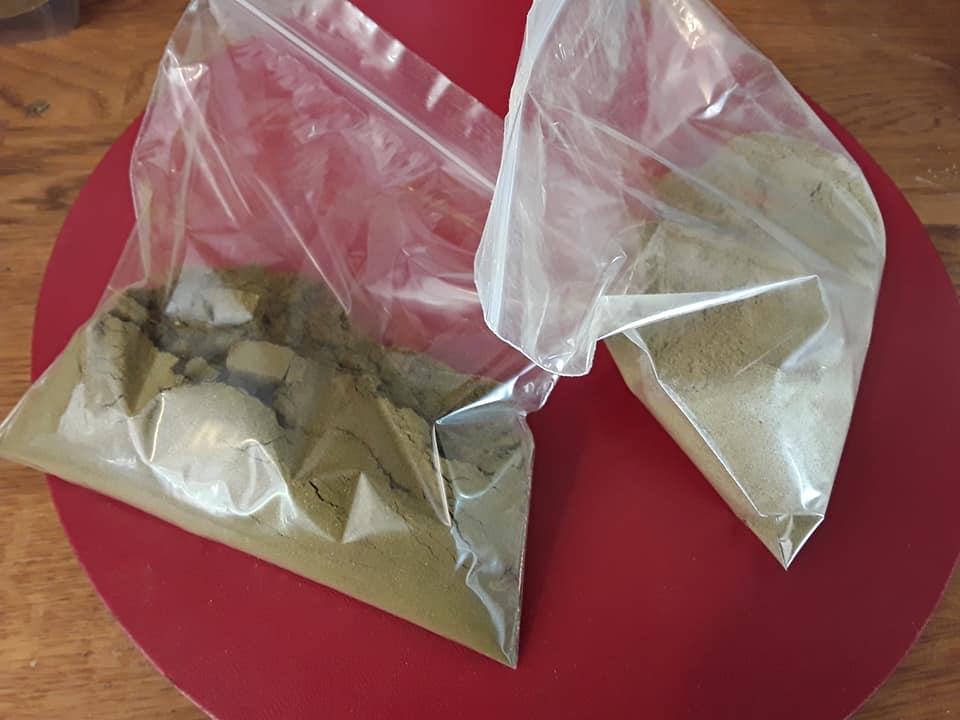
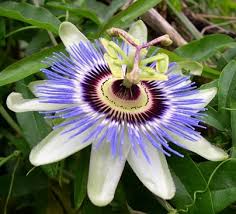
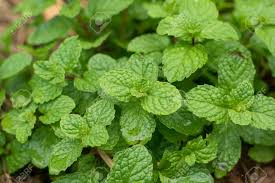
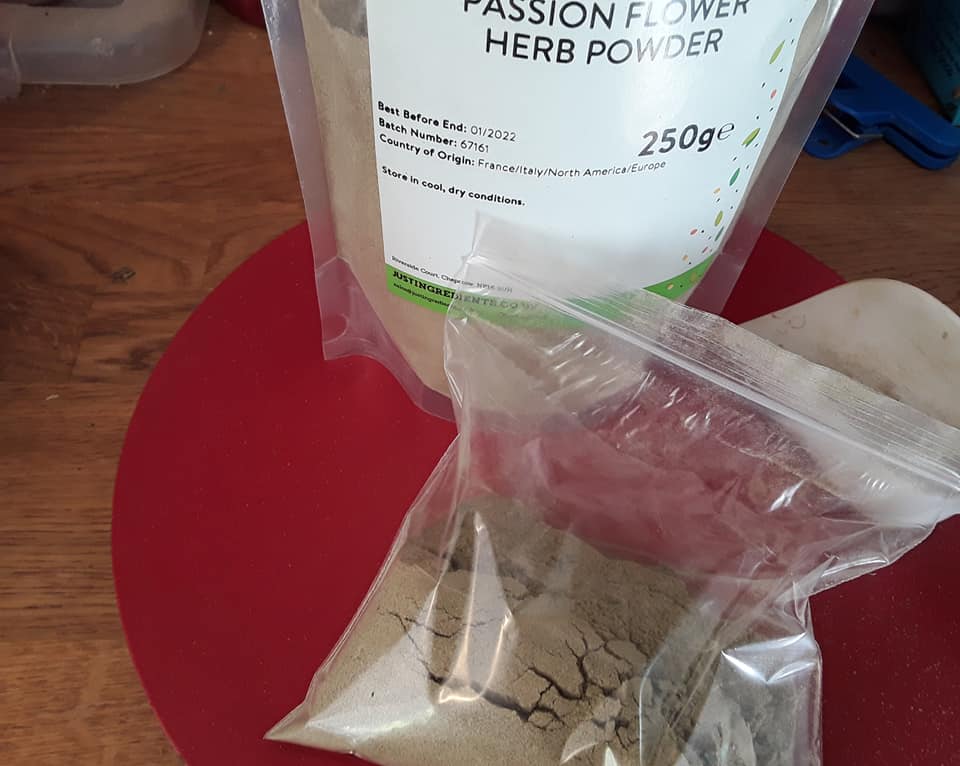
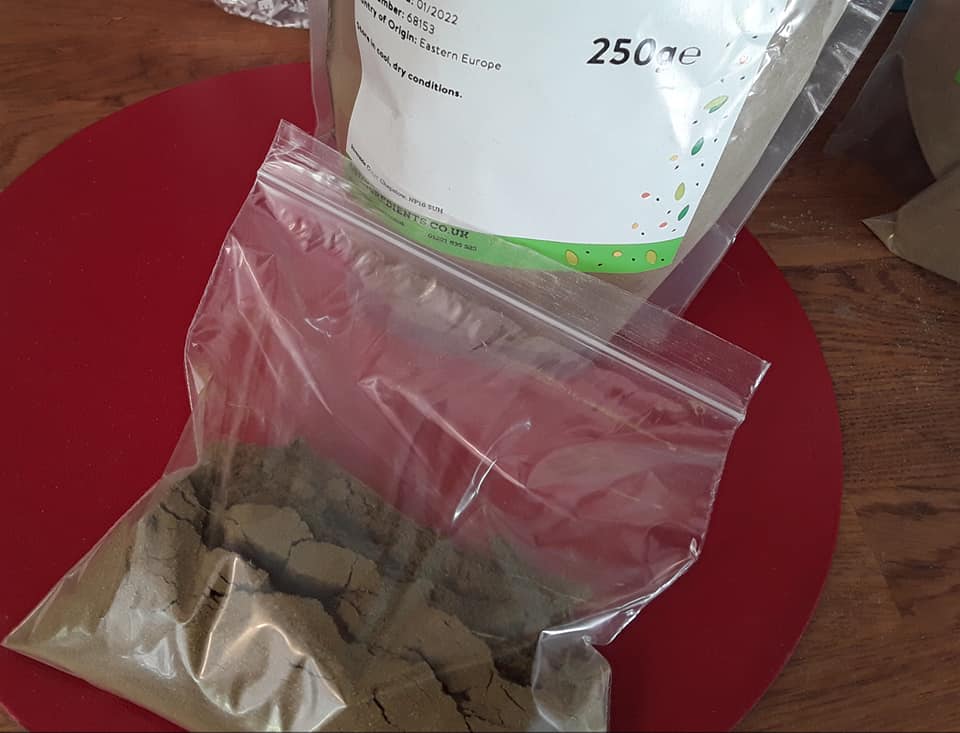
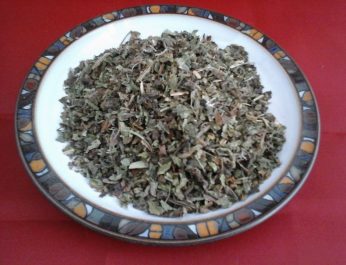
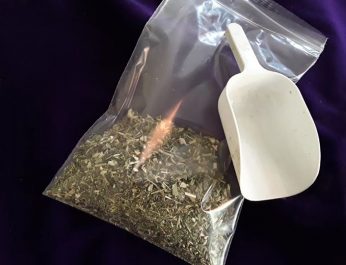
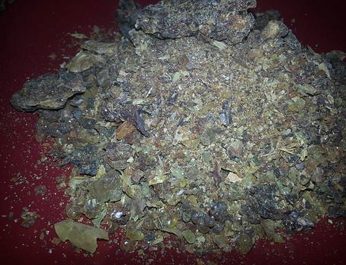
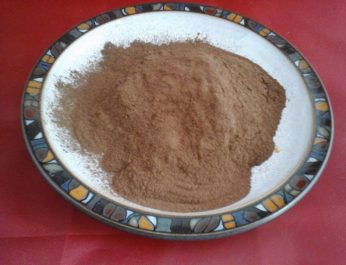
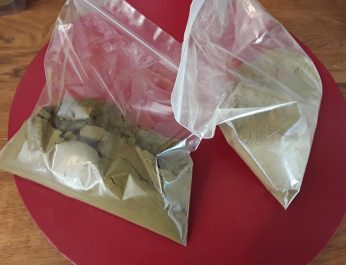
Reviews
There are no reviews yet.